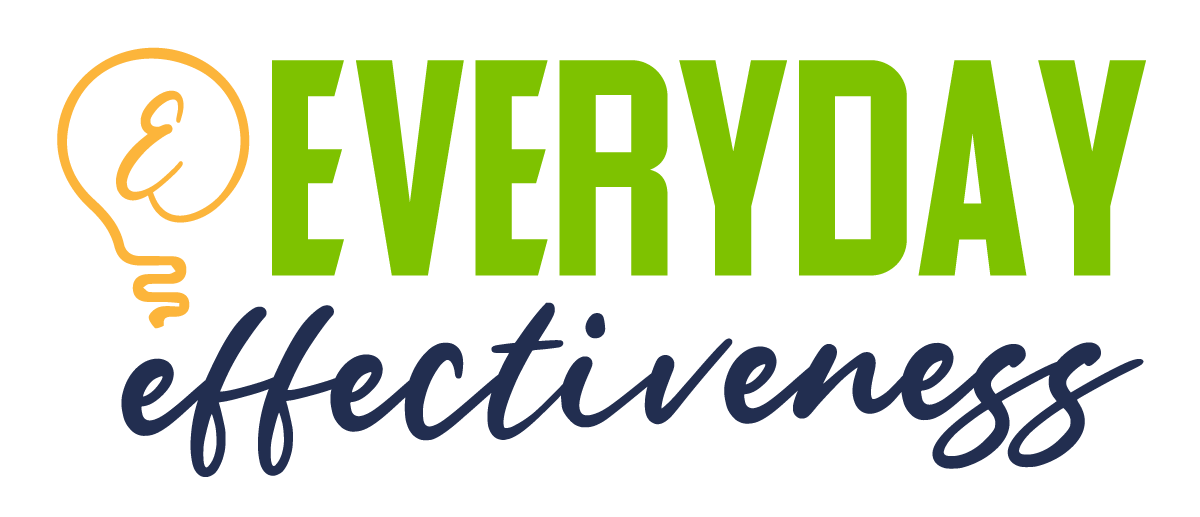For speakers, trainers, and sometimes consultants, the person who actually buys our service (the customer) is not the one who receives our service (the consumer).
Photo Credit: Tax Credits via Compfight cc
This can create an interesting marketing and sales conundrum. If referral marketing is one of the most effective techniques, but the consumer of your services doesn’t actually buy directly from you, what is a person supposed to do to create a referral marketing strategy?
This type of marketing scenario has been my life for much of the past 10 years. As a national level instructor/trainer I am hired by convention organizers, group planners and businesses to deliver my knowledge to their customers and/or employees. The consumer of my knowledge is not my customer, it is theirs. So the person who really KNOWS about my abilities and can give me a great referral is the consumer, not the person paying me.
Sometimes They Are Both
The first thing to recognize when creating a referral marketing strategy is that many times, probably more than you suspect, your future customer is sitting in front of you as a consumer. This didn’t occur to me until years after I began instructing at the national level. Smart organizers, if they have the time and money, will check out new talent by being in the audience. In addition, the person who is a consumer today, may change roles in the future and become the customer.
What I did was make sure that my consumers always knew that this is what I do, I am available for hire and that most of my gigs are a direct result of referrals. I encouraged them to share their experiences with others. When and where appropriate, I also had available a basic marketing brochure for them to pick up and hopefully share with customers that they know.
Industries Are Small; People Talk
After a few gigs, you will realize that regardless of your industry, it is smaller than you think. All the movers and shakers know each other and share information readily. So being a stand-out (obviously in a good way) is another way to get you hired.
Even if the organizer did not “consume” your service directly, they are listening to the folks who did. This can be in the form of evaluations, conversation with participants and unavoidable eaves-dropping. The organizer will also know how easy you were to work with, how much you interacted with participants at the event when you were not front-and-center, and your overall level of professionalism. These are easily as important as your message; in some cases more so, but especially when you are just getting started.
Know Your Value
Ultimately, when you are first starting out there will be some version of “cold calling” that you’ll need to do in order to get hired. The key to successfully marketing to this group (and all groups really) is to focus on the VALUE you are bringing to the customer (not the consumer). Unfortunately, this is not something I knew from the beginning and have only learned recently. The truth is, I am still working at applying it to my own ventures.
Even so, I know it is the right answer. It is so easy to focus on how we are helping the consumer, when making the sale is completely dependent upon providing value to the person/organization writing the check. If we don’t provide value to them, there is no reason for them to hire us.
By focusing on who our customer really is, we can improve our marketing efforts in the future.
Is your customer different than your consumer? What marketing tactics have worked for you?


